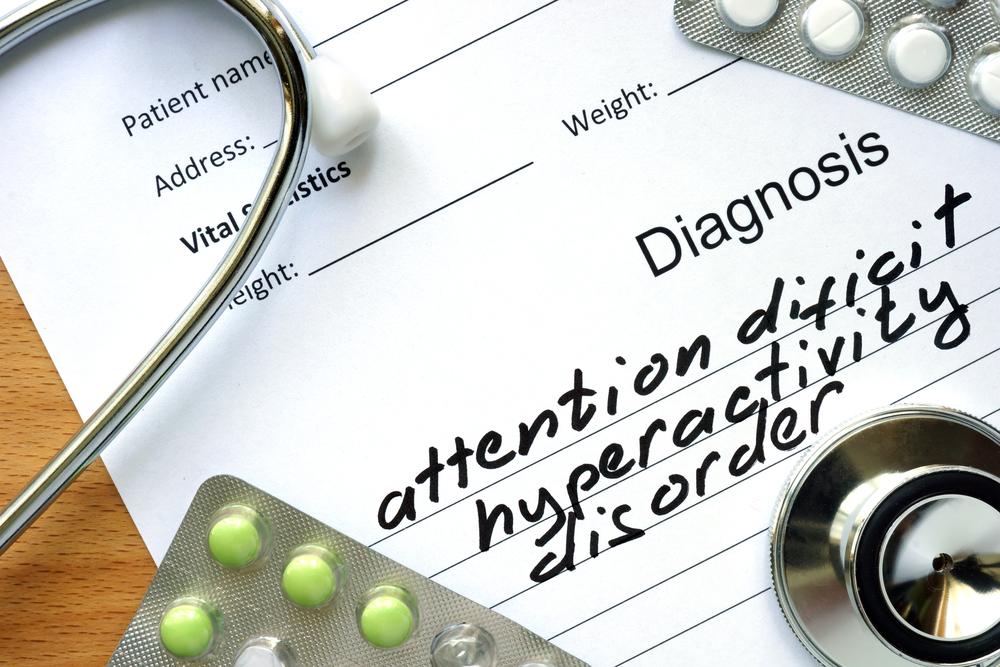Effective Strategies for Managing ADHD in Adults
This article presents effective strategies for managing ADHD in adults, including medication options, behavioral therapy, dietary tips, coaching, and alternative treatments. It emphasizes personalized, comprehensive approaches to improve daily functioning, relationships, and mental health. Regular medical supervision and lifestyle modifications are key to successful management of adult ADHD symptoms, offering a balanced and practical path for adults seeking to enhance their quality of life.

Effective Strategies for Managing ADHD in Adults
Managing ADHD in adults effectively
Attention Deficit Hyperactivity Disorder (ADHD) often begins in childhood, but around one-third of cases persist into adulthood. While ADHD is commonly associated with children, adults with ADHD face unique challenges such as time management, organization, goal setting, and job retention. Treatment approaches for adults differ from those for children and often include medication, therapy, lifestyle changes, and coaching. A comprehensive plan combining these methods can significantly help adults control symptoms and improve their quality of life.
Adults with ADHD may also struggle with relationships, confidence, and addiction issues. One particular subtype, Inattentive ADHD, involves difficulty focusing and following instructions, requiring specialized treatment. The best management plans are customized, potentially involving medication, diet, exercise, and behavioral support. Some individuals benefit from supplements, cognitive behavioral therapy (CBT), and support groups to achieve better symptom control.
Available ADHD Medications
ADHD treatments are classified as stimulant and non-stimulant drugs.
Research shows that medications are effective for adult ADHD management.
Most individuals experience notable improvement in symptoms with appropriate prescription and dosage.
Medications like Adderall, Concerta, Focalin, Vyvanse, Quillivant, and Ritalin fall under stimulants, while Strattera is a non-stimulant option.
Understanding Behavior Therapy
Behavior therapy focuses on modifying habits through conditioning techniques.
Creating an environment that promotes positive behaviors is essential.
Consistent reinforcement and clear expectations are key components.
This therapy helps eliminate negative patterns and establish healthier routines.
Nutritional Guidance and Supplements
Diet plays a role in managing ADHD symptoms.
Supplements like fish oil, zinc, iron, and magnesium may support brain health.
Eating protein-rich foods and complex carbs aids mood stability and mental focus.
The Role of Coaching in ADHD Management
ADHD coaching provides tailored support to develop practical skills.
Sessions can be weekly or via phone, and may include home visits for specific tasks.
Coaches assist with goal setting, organization, motivation, and time management.
Alternative and Complementary Therapies
Some adopt a combination of medication and behavioral therapy.
Others explore options like nutrition, physical activity, meditation, or brain training.
Daily exercise, such as walking or yoga, enhances focus and mood balance.
Additional therapies include acupuncture and mindfulness practices.
Precautions Before Starting ADHD Treatment
Finding the right medication requires patience and close medical supervision.
Side effects are possible; balancing benefits and risks is essential.
Regular follow-ups with your healthcare provider optimize treatment outcomes.
While medications help manage symptoms, they do not cure ADHD.
Integrating therapy and lifestyle changes enhances overall effectiveness.










